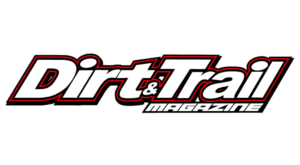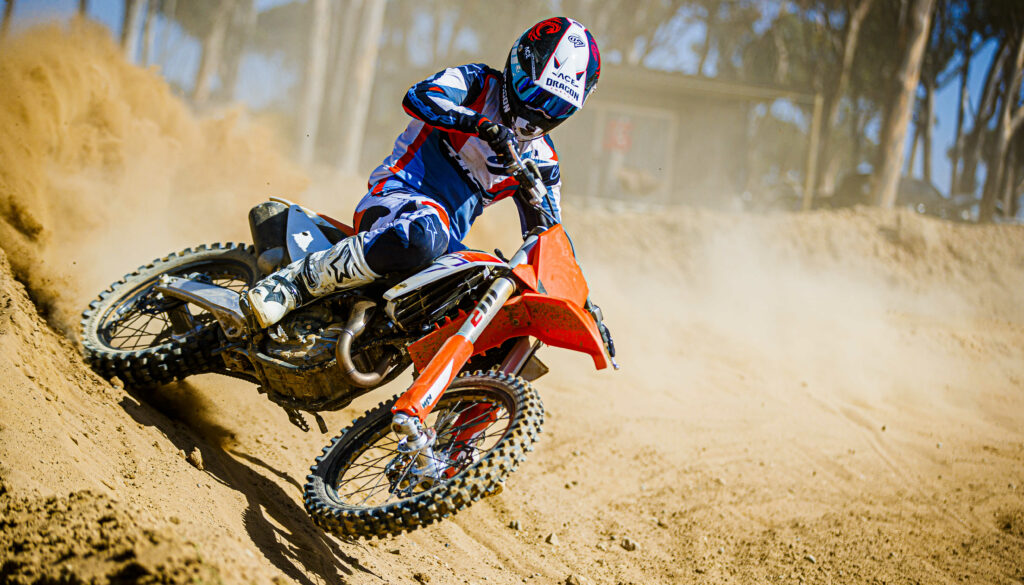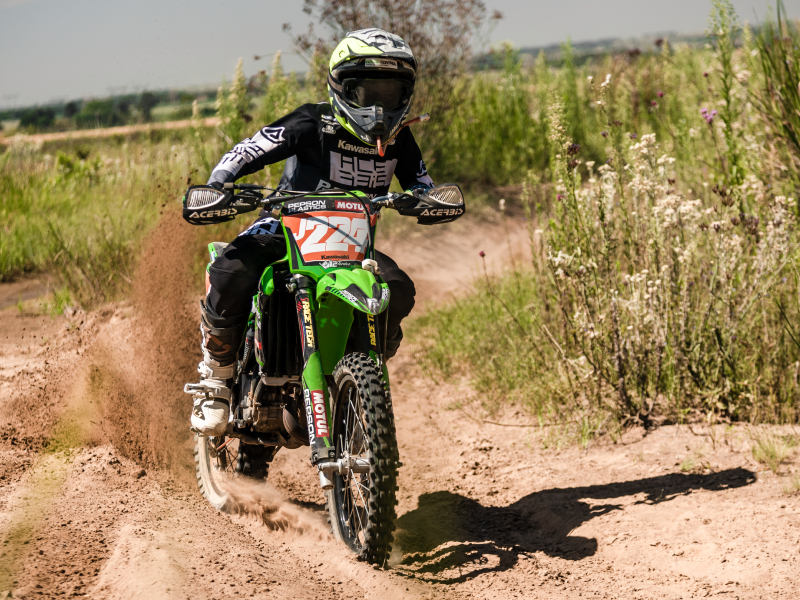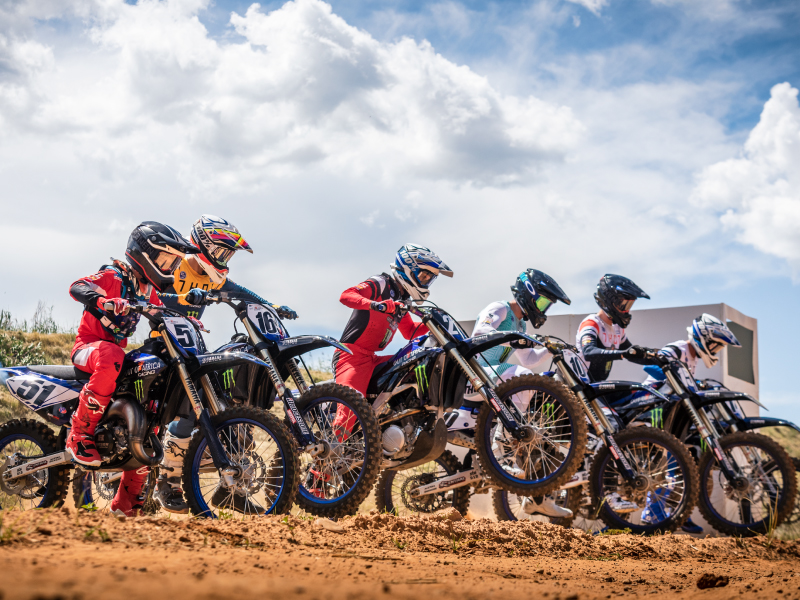THIS IS PART 1 OF AT LEAST 3.
This is the first of a multi part series that we are running on this very important topic that gets very little to no attention in our sport.
Until it is too late. Just ask our ed who smacked his teeth out earlier this year.
This article has some good information from Prof Howard Gluckman to help us understand all of this a bit better.
Pro Motocrosser, Anthony Raynard is working with Doctor Mark Bowes, co-director of The Enamel Clinic on a mouthguard solution for motorcycle riders and racers.
In the world of sports, the thrill of competition often comes with inherent risks, and athletes face unexpected challenges, including traumatic tooth injuries. Whether you’re a professional athlete or a weekend warrior, understanding the nature of these injuries and the importance of prompt care is crucial to preserving your winning smile and overall oral health.
The Impact of Sports on Oral Health:
Participating in sports, especially contact sports, can expose athletes to a range of potential injuries, including traumatic tooth injuries. While a well-fitted mouthguard can significantly reduce the risk, accidents can still happen. Traumatic tooth injuries encompass a variety of scenarios, such as direct blows to the face, falls, collisions, or even unexpected impacts from sports equipment.
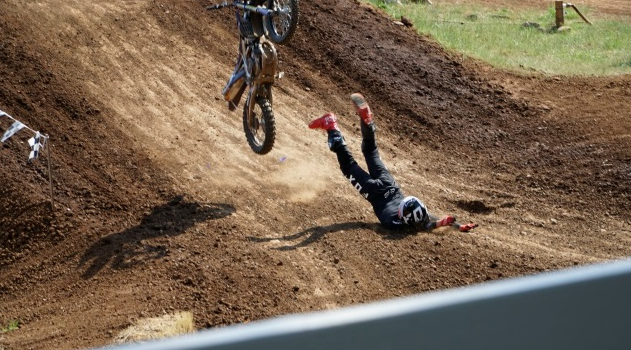
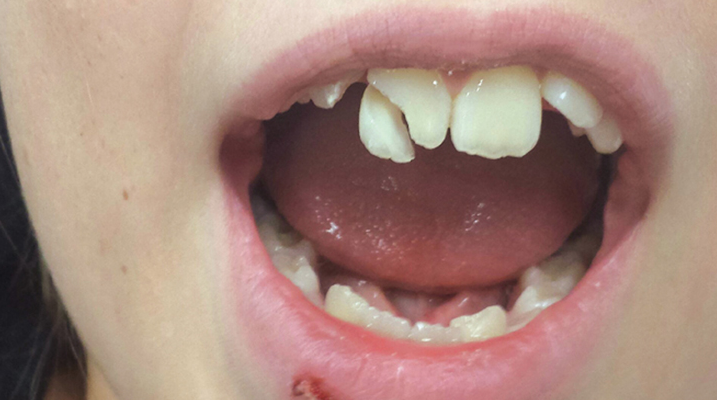
The Impact of Sports on Oral Health:
Participating in sports, especially contact sports, can expose athletes to a range of potential injuries, including traumatic tooth injuries. While a well-fitted mouthguard can significantly reduce the risk, accidents can still happen. Traumatic tooth injuries encompass a variety of scenarios, such as direct blows to the face, falls, collisions, or even unexpected impacts from sports equipment.
Types of Traumatic Tooth Injuries:
- Fractured Teeth: A common result of sports-related injuries, teeth may experience fractures ranging from minor chips to more severe breaks. The severity often depends on the force and direction of the impact.
- Avulsion (Tooth Knocked Out): The forceful impact of a sports-related injury can sometimes lead to a tooth being completely knocked out. In such cases, immediate action is critical to increase the chances of successfully re-implanting the tooth.
- Luxation (Dislocation): Luxation occurs when a tooth is partially or completely displaced from its socket. This can affect the alignment of surrounding teeth and may require prompt professional attention.
- Root Fractures: These fractures occur in the tooth’s root and are often challenging to diagnose without professional examination. Sports-related impacts can lead to root fractures, affecting the stability and health of the tooth.
What should I do if I have a traumatic tooth injury?
- If there is any chipping or fracture of the tooth’s crown, seek dental assistance immediately. Often, an x-ray will be required to assess the possibility of root fracture. In some cases, 3D x-rays will be necessary to visualise the potential fractures better
- Locate the Tooth (if avulsed): If a tooth is knocked out, try to locate it immediately. Hold it by the crown (top), avoiding contact with the root, and rinse it gently with saline or milk if dirty. Store the tooth in milk or saline so it doesn’t dry out and seek dental treatment urgently. If you can, try to replace the CLEAN tooth in the socket. DO NOT WIPE THE ROOT OF THE TOOTH WITH ANYTHING.
- Reposition Luxated Teeth: If a tooth is dislodged but still in the mouth, gently reposition it to its normal alignment. Avoid applying excessive force, and seek professional help promptly.
- Manage Pain and Swelling: Applying a cold compress can help reduce pain and swelling. Over-the-counter pain relievers may also be used as directed.
- Seek Immediate Dental Care: Regardless of the severity of the injury, prompt dental attention is essential. Contact a dentist who specialises in sports dentistry or emergency dental care for a thorough examination and appropriate treatment.
Prevention is Key:
While accidents may be unavoidable, preventive measures significantly reduce the risk of traumatic tooth injuries. Wearing a properly fitted mouthguard during sports activities is a simple yet effective way to safeguard your teeth from potential harm. The mouthguard that we prefer are the MAX mouthguards.
Conclusion:
Traumatic tooth injuries in sports are unfortunate events that can impact an athlete’s oral health and overall well-being. By understanding the types of injuries that can occur and taking immediate action when they do, athletes can increase the likelihood of preserving their smiles and enjoying a long-lasting relationship with their teeth. Remember, your oral health is an integral part of your overall athletic performance, so prioritise it on and off the field.
